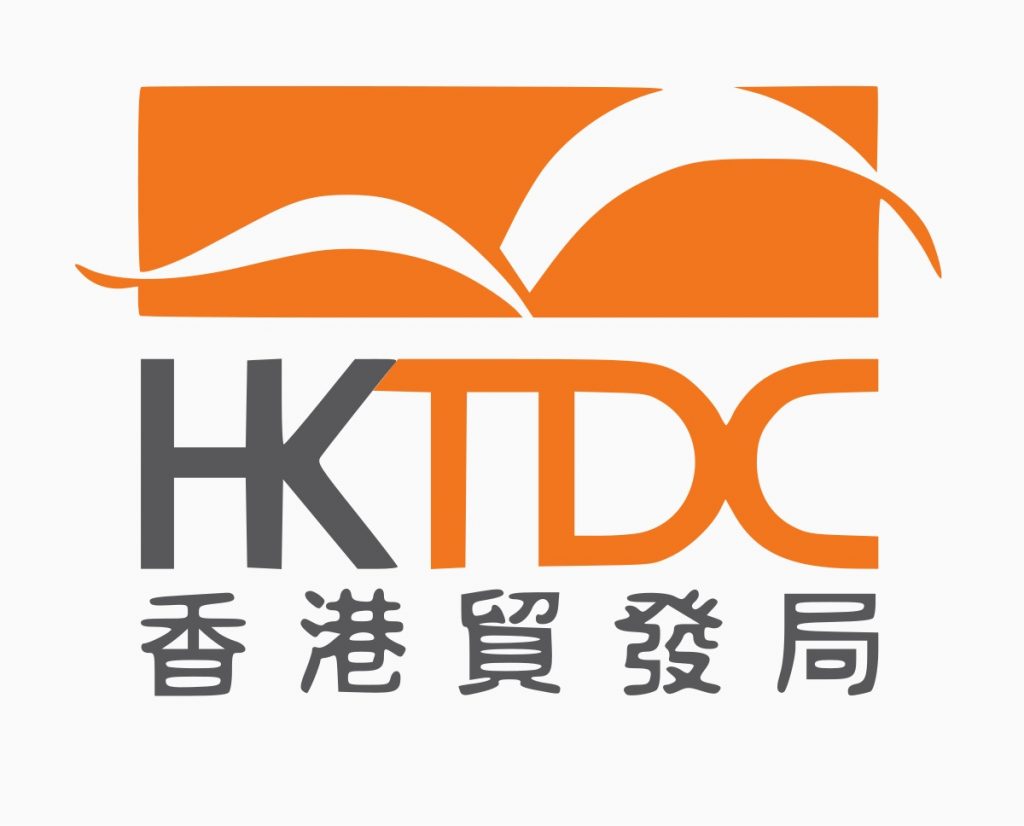Hong Kong shows great promise as international business hub for Greater Bay Area
The HKTDC Export Index has risen for the second consecutive quarter, indicating that exporter sentiment continues to improve. The Hong Kong Trade Development Council (HKTDC) announced the index for the third quarter of 2020 today with a reading of 25.1 – up 6.9 points from the previous quarter, and 9.1 points from the record low in the first quarter of this year. HKTDC Director of Research Nicholas Kwan noted that export indexes across all major industries remain in contractionary territory despite the recent rebound, stressing that times will remain tough for Hong Kong’s exporters.

As the initial shock of the Covid-19 pandemic begins to wane, the number of exporters having orders cancelled, payments deferred or logistics and distribution disrupted showed a significant drop compared with the previous quarter. Mr Kwan noted that 60.5% of respondents indicated that reduced orders from buyers was the biggest challenge they faced, up 3.5 percentage points from the second quarter of 2020. A number of exporters (23%, up 4.9 percentage points) said they had to downsize their companies and in some cases lay off workers.
“Fewer respondents (51.5%, down 13.1 percentage points) regarded the continuation of the pandemic as the biggest threat to their export performance over the next six months, with more of them concerned about softening global demand (21.5%, up 2.5 percentage points) and trade tensions between the United States and China (15%, up 4.2 percentage points),” Mr Kwan said.
Trade indexes pick up in third quarter
The HKTDC conducted its latest business confidence survey in August, interviewing 500 local traders from six major industry sectors including electronics, jewellery, timepieces, toys, clothing and machinery. The HKTDC Export Index reflects the prospects of the city’s near-term export performance. Readings above and below 50 indicate an optimistic or pessimistic outlook respectively.
“Export indexes for all major sectors rose from their lowest readings in the first half of 2020, especially the machinery sector (29.0), toys (27.5) and electronics (25.3), followed by timepieces (21.6), clothing (21.0) and jewellery (20.1). Exporters’ perception on the performance of major markets remained largely unchanged, with Japan (46.1) and Mainland China (42.9) regarded as the most promising markets for Hong Kong exports, followed by the United States (41.2), the Association of Southeast Asian Nations (ASEAN) bloc (41.0) and the European Union (36.0),” HKTDC Economist Samantha Yim said.
Ms Yim added that the Procurement Index, Offshore Trade Index and Trade Value Index all began to stabilise in the third quarter whereas the Employment Index dropped by 2.3 points to a four-year low of 39.8. “Compared with other industries, recruitment intentions in toys (38.0) and timepieces (35.6) were notably downbeat, suggesting the probability of headcount losses within these sectors.”
Capturing new opportunities in the Greater Bay Area
As a highly open and internationalised city in the Guangdong-Hong Kong-Macao Greater Bay Area, as well as a hub for international finance, logistics and transportation, professional services, trade and aviation, Hong Kong plays an important role in the region under the “one country, two systems” principle. A recent survey showed that senior business executives generally recognise Hong Kong’s advantages as an international business hub for the Greater Bay Area, including its robust legal regime, open business environment, free-market economy, robust infrastructure and transportation systems as well as its quality pool of international talent.
The survey was commissioned by the HKTDC and conducted by PricewaterhouseCoopers (PwC) to get detailed insights into Hong Kong’s role in the Greater Bay Area. PwC conducted in-depth interviews and questionnaire surveys of close to 500 senior executives from the area to gauge their views on how six major industries, including financial services, logistics and transportation, trade services, manufacturing, legal and dispute resolution and innovation technology, can leverage Hong Kong’s advantages in business operations. The consultancy firm also made suggestions on how to reinforce the city’s position as an international business hub in the Greater Bay Area, assessing the potential opportunities and likely challenges.
The survey showed respondents as believing that the five trends most important to Hong Kong in the next five years are: increasing application of emerging technology; integration of Hong Kong with the Greater Bay Area, including capital connectivity; increasing cross-boundary transactions due to the Belt and Road Initiative; extending global value chains out of the Greater Bay Area; and industrial upgrading and transformation in the area.
Respondents believed that to further enhance Hong Kong’s position as the international business hub for the Greater Bay Area, the five most important measures the city has to take are: facilitate the free flow of capital within the area; improve data privacy protection; improve the research and development (R&D) capability of Hong Kong by encouraging R&D activities and the adoption of emerging technologies; promote tax simplification/harmonisation in the Greater Bay Area; and promote regulatory transparency in the area.
New measures to enhance Hong Kong’s key roles
HKTDC Assistant Principal Economist (Greater China) Alice Tsang said that, according to the findings of the PwC report, Hong Kong should implement a range of measures to reinforce the city’s key roles as an international financial centre, legal and dispute resolution centre, logistics and transportation hub, trading centre, innovation and technology centre, and location for business headquarters.
“For the sake of the financial sector, Hong Kong should facilitate cross-border capital flow, take the lead in reforming its financial regulatory system and financial products and services, and develop sustainable and green finance,” Ms Tsang said, citing the report. “In the area of professional services, those who have completed professional training programmes should be allowed to practise in specific areas within the Greater Bay Area. Hong Kong should also enhance its position as an international arbitration centre and establish itself as a protection base and trading platform for intellectual property in the area.”
Ms Tsang added that to reinforce Hong Kong’s position as a logistics, transportation and trading hub, the city should facilitate the flow of people and goods to and from other cities in the Greater Bay Area. “Hong Kong should also establish a unified product quality certification mechanism with other cities in the area for innovative services and products yet to gain international certification. This could reinforce the city’s position as a centre for testing and certification,” she said.
Suggestions were also made for capitalising on Hong Kong’s advantages as an innovation and technology centre by supporting the industry’s development, creating an ecosystem in which Greater Bay Area cities’ relative advantages can complement each other and develop in concert, and attracting venture capital institutions to the city. Hong Kong should also extend preferential policies for setting up businesses in the city to further attract Greater Bay Area enterprises to expand their business. This would help to make Hong Kong more attractive as a location for business headquarters.
References
– HKTDC Research website: http://research.hktdc.com/
– Hong Kong Export Index 3Q20: Exporter Confidence Rallies Moderately While Spectre of Covid-19 Still Looms Large: https://bit.ly/2GKKiYx
– Hong Kong as the International Business Hub for the Greater Bay Area (Executive Summary): https://bit.ly/2Rm1ky9
– Photo download: https://bit.ly/3htY1Q4
About HKTDC
The Hong Kong Trade Development Council (HKTDC) is a statutory body established in 1966 to promote, assist and develop Hong Kong’s trade. With 50 offices globally, including 13 in Mainland China, the HKTDC promotes Hong Kong as a two-way global investment and business hub. The HKTDC organises international exhibitions, conferences and business missions to create business opportunities for companies, particularly small and medium-sized enterprises (SMEs), in the mainland and international markets. The HKTDC also provides up-to-date market insights and product information via trade publications, research reports and digital news channels. For more information, please visit: www.hktdc.com/aboutus. Follow us on Twitter @hktdc and LinkedIn
Contact:
Leslie Ng, Tel: +852 2584 4239, Email: leslie.ss.ng@hktdc.org Beatrice Lam, Tel: +852 2584 4049, Email: beatrice.hy.lam@hktdc.org
